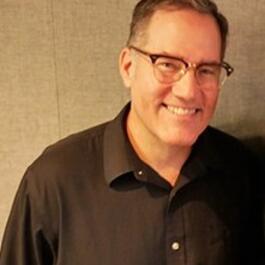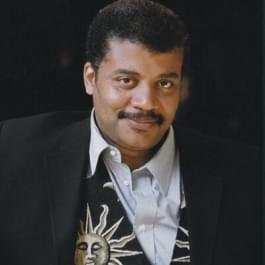
Neil deGrasse Tyson - Communicating Science to the Public
Point of Inquiry is on a short hiatus right now as we transition to a new podcast team. In the meantime, enjoy these classic episodes from the POI archives, featuring Neil deGrasse Tyson, Bill Nye, Susan Jacoby, and other luminaries in the science and secularism movement. Neil deGrasse Tyson is one of America’s leading spokespersons for science. The research areas he focuses on are star formation, exploding stars, dwarf galaxies, and the structure of our own galaxy, the Milky Way. In addition to many scholarly publications, Dr Tyson is one of America’s most respected science writers, and he writes a monthly column for Natural History magazine simply titled the “Universe.” Among his eight books is his memoir The Sky is Not the Limit: Adventures of an Urban Astrophysicist; and also Origins: Fourteen Billion Years of Cosmic Evolution, co-written with Donald Goldsmith. His most recent book is Death by Black Hole: And Other Cosmic Quandaries. He is the on-camera host of PBS-NOVA’s program ScienceNow, which explore the frontiers of all the science that shapes our understanding of our place in the universe. He is the first occupant of the Frederick P. Rose Directorship of the Hayden Planetarium in Manhattan, where he also teaches. In this conversation with D.J. Grothe, Neil deGrasse Tyson examines various approaches to informal science education, his experiences teaching science through pop-culture media outlets, and controversies regarding science popularization. He explains his views on the implications of science for religious belief, questioning the strategy of science educators who seem to equate science and atheism. He also recounts the direct influence of Carl Sagan on his professional development.
From "Point of Inquiry"





Comments
Add comment Feedback